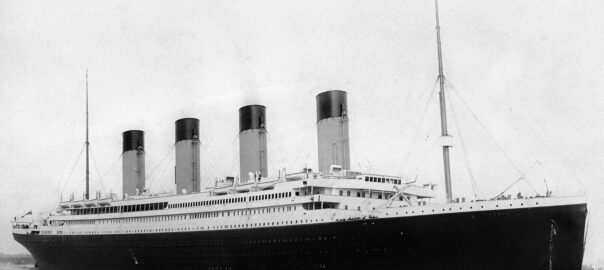When technology journalist Kara Swisher interviewed philanthropist Melinda French Gates, the topic turned to the importance of getting more women and girls involved in the AI revolution. Swisher has a knack for summing things up. She said, “Technology today isn’t safe, because it was built by people who haven’t felt unsafe once in their life.”
She was referring generally to people like me, an American white man. Or in the case of Elon Musk, whom she name-checked in the interview, a South African white male multi-billionaire. Boys will be boys, but girls — arguably more by necessity than nature — tend to more often see important nuances and warning signs.
Knowledge Isn’t Wisdom
Clearly in Musk’s formative years, when he wasn’t reading Ayn Rand, he was taking in plenty of classic science fiction. As evidence, he named his AI bot Grok, after a superior alien intelligence coined by Robert A. Heinlein in his novel, Stranger in a Strange Land.
We can assume he read that book, which came out in 1961. It’s less likely he read another from the same decade, written by D.F. Jones: The 1966 sci-fi novel Colossus.
I say that because he didn’t “grok” the significance of the AI called Colossus in the book, naming his xAI supercomputer after it. I’m aware of Musk’s sci-fi blindspot because I saw the 1970 film based on it, Colossus, the Forbin Project.

It’s quite good. A brilliant computer scientist, Dr. Charles Forbin, leads a secret project to create a supercomputer built into a secure mountainside, along with the U.S. and Allied nuclear weapon systems it controls. The project was intended to solve the threat of a nuclear catastrophe. Forbin built Colossus to be so advanced that once activated, it would not need human intervention to determine if our country was being attacked by U.S.S.R. nuclear missiles, and instantly respond in kind. Goodbye, human error; Hello mutually assured destruction. This risk was top-of-mind back then.
As Jonathan Schell described in his harrowing book, The Fate of The Earth, both countries in the Cold War had enough nuclear firepower to extinguish all humanity several times over. An accidental firing of a nuclear missile pointed at one country could trigger a lightning-fast chain of retaliation no one could stop. The thought was that once our Cold War nemesis learned of our infallible response to attack, they’d never consider staging one.
I won’t give away the plot, should you choose to read the book or buy a DVD of the film (as I did for this post), but suffice it to say the AI Colossus decides we humans are too careless not to enslave. (Okay, I guess I just did just spoil a 55-year-old film. Sorry.)
Elon, are you sure this is a good name for your supercomputer???
Great Progress Without Great Wisdom Rarely Ends Well
In his excellent book from last year, NEXUS: A Brief History of Information Networks from the Stone Age to AI, Yuval Noah Harari makes a thorough and compelling case for careful regulation of artificial intelligence. I doubt it was intentional, but he even makes his point about the inscrutable nature of AI by using a term that Heinlien used: alien intelligence. That alien is the “a” that Harari suggests we use when we think of AI.
Tired: Artificial Intelligence.
Wired: Alien Intelligence.
In the novel and film Colossus, better guardrails could have prevented the bleak outcome. It is therefore chilling that AI protections aren’t being discussed enough today — or in the case of Elon Musk and other men in charge — are being dismissed entirely in the name of progress. Even OpenAI CEO Sam Altman has reversed his opinion on regulating this powerful and ubiquitous alien intelligence.
Paul Virilio, a French cultural theorist and philosopher, is quoted as saying: “When you invent the ship, you also invent the shipwreck … Every technology carries its own negativity, which is invented at the same time as technical progress.”
He might have been thinking of a technology such as ocean liner RMS Titanic, which was considered “unsinkable” before it encountered that iceberg.
Let’s hope, after minor but public mishaps, more energy will be devoted to building the liferafts — the kill switches — of AI. Because we are all its passengers.
NOTE: I’ve come full circle over the years. Everything I wrote here seven years ago I still stand behind, but with maturity comes the willingness to change one’s opinion based on new facts. Harari’s historical perspective in NEXUS was that persuasive.
